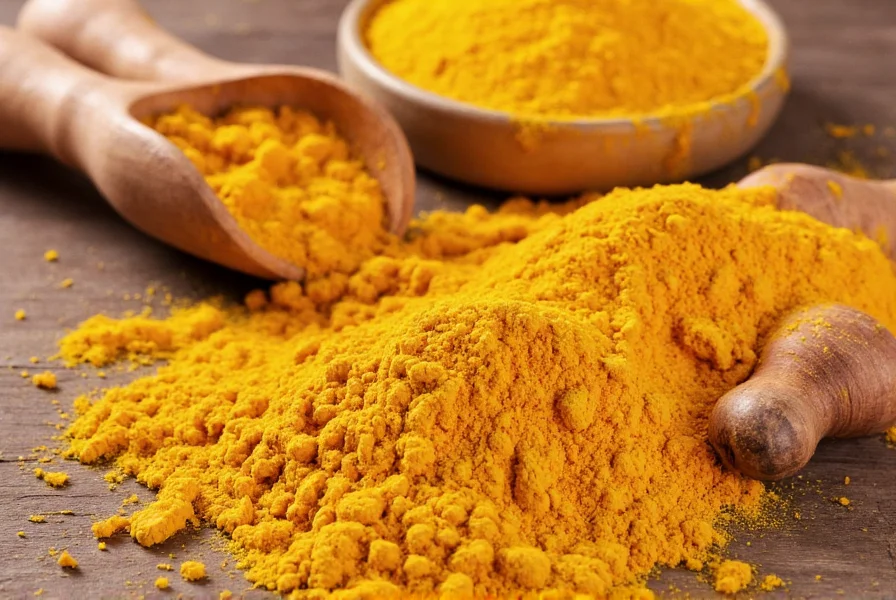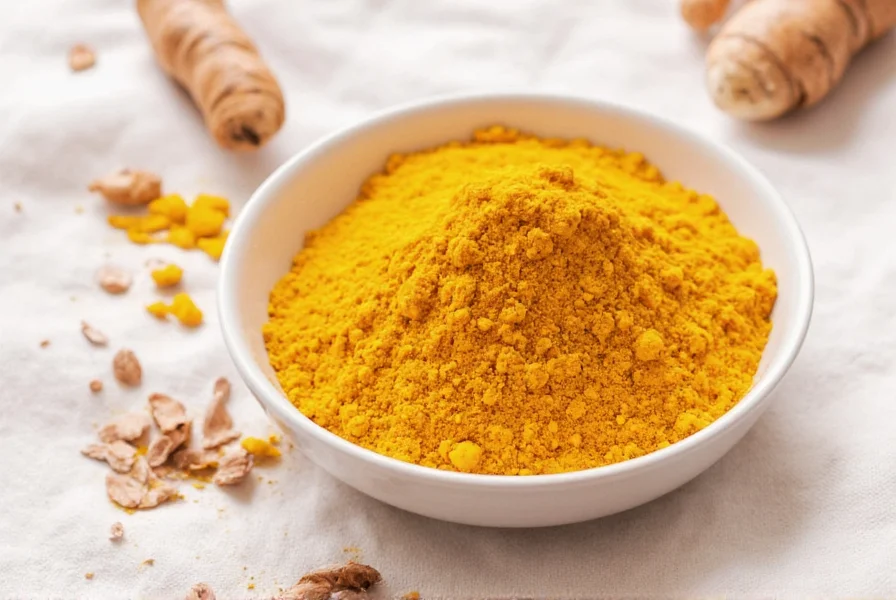For centuries, turmeric has been used in traditional medicine systems for various health purposes. Modern research has increasingly focused on its potential benefits for liver health, particularly the active compound curcumin. Understanding the relationship between turmeric and liver function requires examining the scientific evidence while maintaining realistic expectations about its capabilities.
The Active Components in Turmeric
Curcuminoids represent the primary bioactive compounds in turmeric, with curcumin being the most studied. This polyphenol constitutes approximately 2-8% of raw turmeric by weight. Curcumin demonstrates potent anti-inflammatory and antioxidant properties that appear relevant to liver health. However, its poor bioavailability presents a significant challenge—when consumed alone, curcumin has limited absorption in the body.
Researchers have addressed this limitation through various formulations. The addition of piperine (found in black pepper) can increase curcumin absorption by up to 2,000%. Liposomal curcumin and curcumin nanoparticles represent other technological approaches to improve bioavailability. When evaluating turmeric's potential liver benefits, considering these formulation differences is essential.
Scientific Evidence on Turmeric and Liver Health
Multiple laboratory and animal studies demonstrate curcumin's protective effects on liver tissue. The compound appears to modulate several pathways involved in liver inflammation and damage. Human studies, while promising, remain more limited in scope and scale.
| Study Type | Key Findings | Limitations |
|---|---|---|
| Human Clinical Trials (NAFLD) | Multiple studies show reduced liver fat, improved liver enzymes (ALT, AST), and decreased inflammation markers | Small sample sizes (typically 50-100 participants); short duration (8-12 weeks) |
| Animal Studies | Consistent evidence of protection against toxin-induced liver damage and fibrosis | Animal models don't always translate to human physiology |
| In Vitro Research | Demonstrates molecular mechanisms including reduced oxidative stress and inflammation pathways | Laboratory findings require validation in living organisms |
Mechanisms of Liver Protection
Research suggests several ways curcumin may support liver health:
- Antioxidant effects: Curcumin boosts the body's natural antioxidant enzymes while neutralizing harmful free radicals that can damage liver cells
- Anti-inflammatory action: It inhibits multiple inflammatory pathways, including NF-kB, which plays a key role in liver inflammation
- Lipid metabolism: Studies indicate curcumin may help regulate fat metabolism in the liver, potentially reducing fat accumulation
- Detoxification support: Curcumin appears to enhance phase II detoxification enzymes that help the liver process toxins
Specific Liver Conditions and Turmeric
Research has examined turmeric's potential effects on several liver conditions:
Non-Alcoholic Fatty Liver Disease (NAFLD)
NAFLD represents the most studied application of turmeric for liver health. A 2020 systematic review of eight clinical trials concluded that curcumin supplementation significantly reduced liver fat content and improved liver enzyme levels in NAFLD patients. The typical dosage range in these studies was 500-2,000 mg of curcumin daily for 8-12 weeks.
Liver Inflammation and Fibrosis
Chronic inflammation can lead to liver fibrosis and eventually cirrhosis. Animal studies suggest curcumin may slow fibrosis progression by inhibiting hepatic stellate cell activation. However, human evidence for this specific application remains limited compared to NAFLD research.
Liver Detoxification Processes
The liver's detoxification system operates in two phases. Research indicates curcumin may enhance phase II detoxification enzymes like glutathione S-transferase. This could theoretically support the liver's ability to process certain toxins, though direct evidence of clinical benefit for detoxification in humans requires more research.

Practical Considerations for Use
Understanding how to effectively incorporate turmeric for potential liver benefits involves several important factors:
Dosage Guidelines
Based on current research, effective dosages for liver health typically range from 500-2,000 mg of curcumin daily. This usually requires supplementation, as dietary turmeric contains only about 3% curcumin by weight. For reference, 1 teaspoon of turmeric powder contains approximately 200 mg of curcumin.
Bioavailability Enhancement
Due to curcumin's poor absorption, most effective supplements include:
- Piperine (black pepper extract) - increases absorption by up to 2,000%
- Liposomal formulations - encapsulates curcumin for better absorption
- Phospholipid complexes - binds curcumin to phospholipids for improved uptake
Safety Profile and Potential Interactions
Turmeric is generally safe at culinary doses, but higher supplemental doses require consideration:
- May interact with blood thinners like warfarin
- Potential interactions with diabetes medications
- High doses may cause gastrointestinal discomfort
- People with gallbladder issues should consult a healthcare provider
Individuals with existing liver conditions should consult their healthcare provider before starting turmeric supplements, as liver disease can affect how the body processes supplements and medications.
Limitations of Current Research
While promising, the research on turmeric for liver health has several limitations that consumers should understand:
- Many human studies have small sample sizes and short durations
- Optimal dosage and formulation remain unclear
- Long-term safety data for high-dose supplementation is limited
- Most research focuses on NAFLD, with less evidence for other liver conditions
- Individual responses may vary based on genetics and health status
Current evidence suggests turmeric may support liver health as part of a comprehensive approach that includes proper nutrition, regular exercise, and appropriate medical care when needed. It should not be viewed as a standalone treatment for liver disease.
Integrating Turmeric into a Liver-Healthy Lifestyle
For those interested in incorporating turmeric for potential liver benefits, consider these practical approaches:
- Add 1-2 teaspoons of turmeric to cooking daily, combined with black pepper and healthy fats to enhance absorption
- Consider a high-quality curcumin supplement with enhanced bioavailability if targeting specific liver concerns
- Maintain realistic expectations—turmeric supports but doesn't replace medical treatment
- Combine with other liver-supportive practices: moderate alcohol consumption, maintaining healthy weight, and eating a balanced diet
Remember that liver health depends on multiple factors. While turmeric shows promise as a supportive element, it works best as part of a comprehensive approach to wellness rather than as a singular solution for liver concerns.
Can turmeric reverse liver damage?
Current scientific evidence does not support that turmeric can reverse established liver damage or cirrhosis. While studies show turmeric may help reduce inflammation and improve markers of non-alcoholic fatty liver disease, it should not be considered a treatment for reversing significant liver damage. Always consult with a healthcare provider for liver conditions.
How much turmeric should I take for liver health?
Research suggests effective doses for liver health typically range from 500-2,000 mg of curcumin daily. Since dietary turmeric contains only about 3% curcumin, achieving these levels usually requires supplementation. Most effective supplements include piperine to enhance absorption. Consult with a healthcare provider before starting any new supplement regimen.
Is turmeric safe for people with liver disease?
Turmeric in culinary amounts is generally safe for most people with liver disease. However, high-dose supplementation requires medical supervision as liver disease can affect how the body processes supplements. Turmeric may interact with certain medications, and people with specific liver conditions should consult their healthcare provider before taking turmeric supplements.
How long does it take for turmeric to improve liver health?
Research studies on turmeric and liver health typically show measurable improvements in liver enzyme levels and other markers after 8-12 weeks of consistent supplementation. However, individual results vary based on the specific condition, dosage, formulation, and overall health status. Turmeric works gradually as part of a comprehensive approach to liver health.
What's the best form of turmeric for liver support?
For liver support, look for curcumin supplements that include bioavailability enhancers such as piperine (black pepper extract), liposomal formulations, or phospholipid complexes. Standard turmeric powder contains only about 3% curcumin and has poor absorption. High-quality supplements typically provide 500-1,000 mg of enhanced curcumin per dose for therapeutic effects.











 浙公网安备
33010002000092号
浙公网安备
33010002000092号 浙B2-20120091-4
浙B2-20120091-4